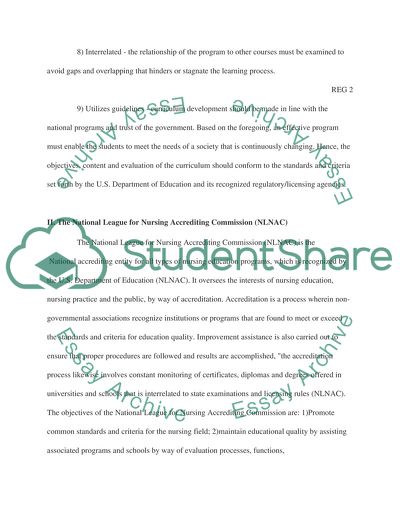Cite this document
(The Accreditation Process of Nursing Term Paper, n.d.)
The Accreditation Process of Nursing Term Paper. https://studentshare.org/nursing/1713022-regulatory-influence-on-currculum
The Accreditation Process of Nursing Term Paper. https://studentshare.org/nursing/1713022-regulatory-influence-on-currculum
(The Accreditation Process of Nursing Term Paper)
The Accreditation Process of Nursing Term Paper. https://studentshare.org/nursing/1713022-regulatory-influence-on-currculum.
The Accreditation Process of Nursing Term Paper. https://studentshare.org/nursing/1713022-regulatory-influence-on-currculum.
“The Accreditation Process of Nursing Term Paper”. https://studentshare.org/nursing/1713022-regulatory-influence-on-currculum.


